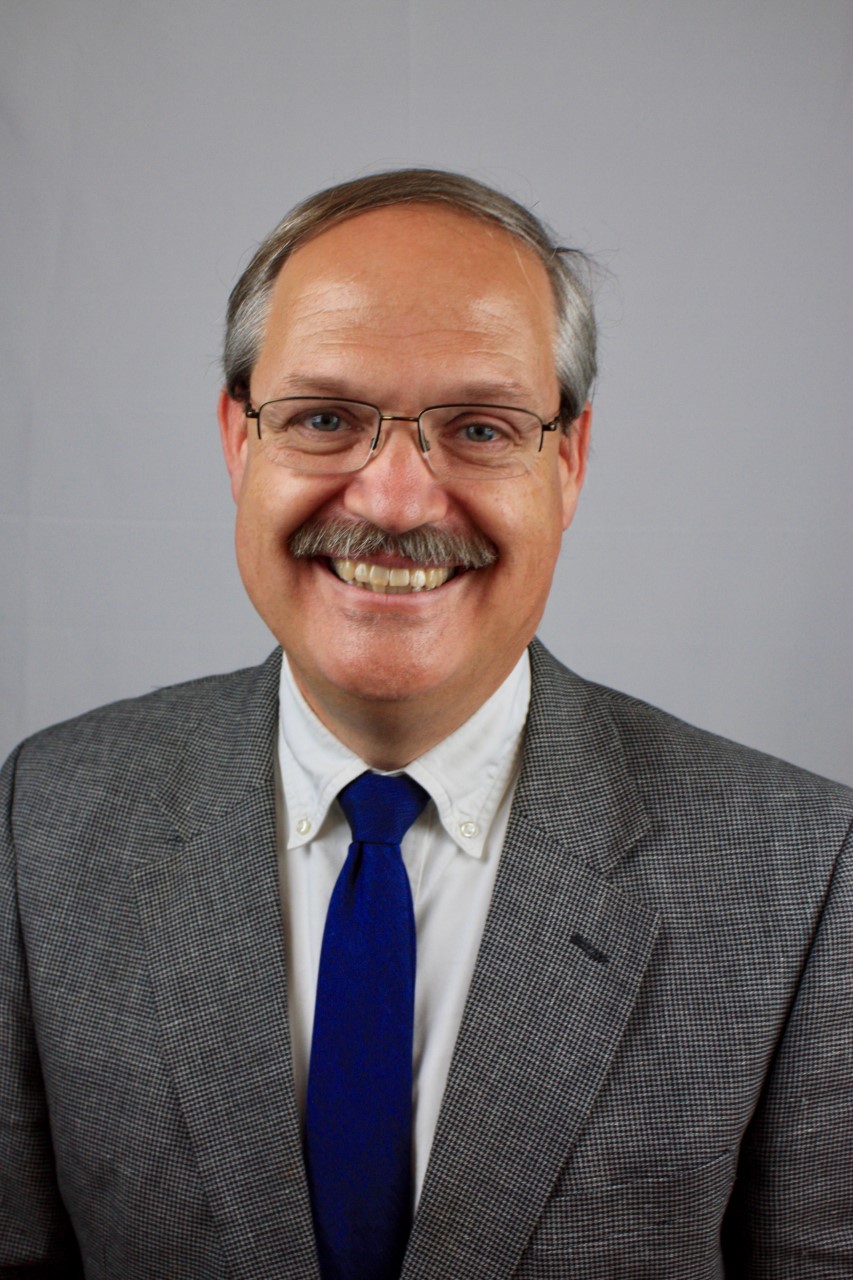 Four times each year you receive this periodical in your mailbox. It is named (and has been for as long as I can remember) “The Advocate.” It is a fitting name, for a core task of CCA is to advocate for community college faculty at the statewide level.
Four times each year you receive this periodical in your mailbox. It is named (and has been for as long as I can remember) “The Advocate.” It is a fitting name, for a core task of CCA is to advocate for community college faculty at the statewide level.
Some of our advocacy is within CTA itself. Since community college faculty comprise only about 4% of CTA’s membership, CCA works with the higher education State Council delegates to ensure that community college issues are included in CTA’s work. While our fellow CTA members are generally friendly and welcoming, we often find that K-12 teachers are unaware of our issues.
Next, since community colleges are organized under the Board of Governors instead of the K-12 State Board of Education, CCA also advocates directly with both the Board of Governors and the State Chancellor’s Office (CCCCO). To support that advocacy, CTA has appointed me to CTA’s seat on the CCCCO’s Consultation Council. Both VP Randa Wahbe and I engage the Board of Governors and the CCCCO to include union interests, for student success requires a stable, motivated and well-trained workforce.
Finally, CCA works with other statewide groups. We have good relations with CFT/AFT, CCCI, ASCCC, FACCC and SSCCC and we frequently talk to them to discuss how we might be able to magnify our advocacy on shared concerns. One example of this occurred just a couple of weeks ago when CCA supported the “March in March.” While largely a student event, the goals of the marchers will lead to a better funded and more equitable community college system, and I, along with a number of other CCA members, were happy to march with our students.
Although we don’t meet as a committee at the CTA State Council, CCA functions like a State Council committee in that we review and recommend policy and legislative positions to CTA on higher education matters. CTA usually adopts our recommendations, which then gives the professional CTA Government Relations staff direction as they advocate for our interests in Sacramento.
In recent years, we’ve had a very modest direct member advocacy program, but that will need to change. As efficient as our processes are, they don’t effectively substitute for faculty telling politicians their stories about their students. We have been on the losing end of several high profile bills that found strong support in the Legislature because they sounded good. Our opponents told stories of equity and efficiency and student success and won, even though faculty (and in some cases management) expressed concern. While public education has always been political, it is more so now. We need your voice. We need your stories to be heard.
This spring, certain members from the CCA Legislation and Advocacy Committee, the CCA Advocacy Task Force, and State Council will be trained in and will undertake direct advocacy in Sacramento and at politician’s home offices. From this group, we intend to expand to include as many CCA members as possible. I’ll let you know about training webinars as they become available.
You needn’t wait for formal training, though. Make an appointment with your state senator or assembly member today. Tell them about how recent changes are affecting your classroom and your students. They need to hear from you.
The Discussion 0 comments Post a Comment